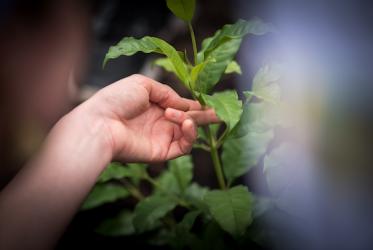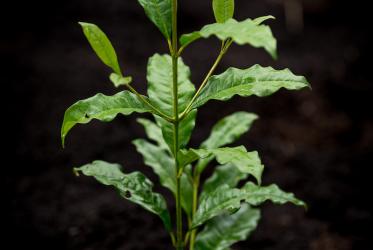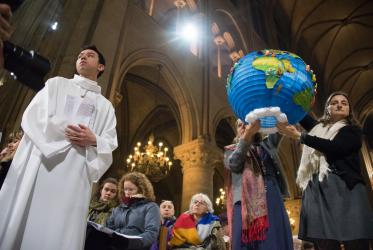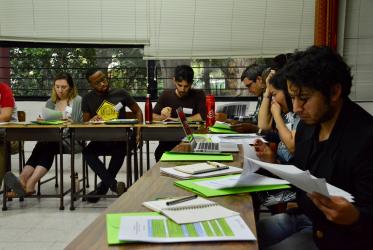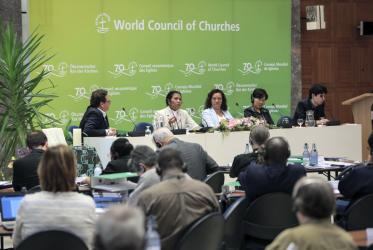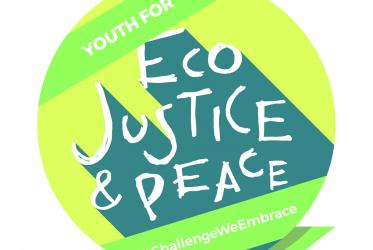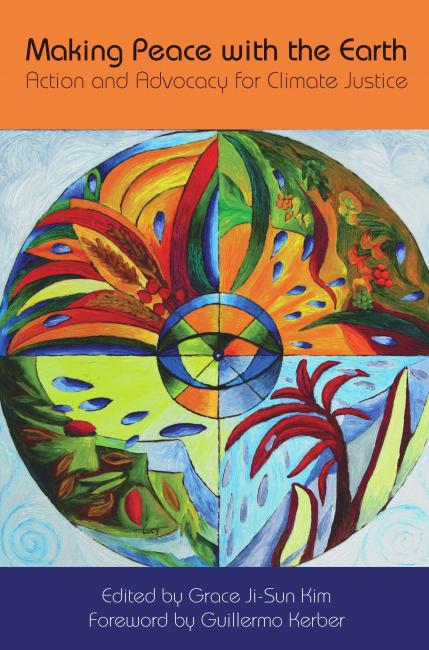Displaying 41 - 60 of 80
17 February 2020
New WCC “Eco Ambassadors” pledge to protect our ecology
06 January 2020
WCC to host lecture and book launch by Jürgen Moltmann
20 November 2019
WCC climate justice project wins Keeling Curve Prize
11 July 2019
WCC Eco-School encourages youth to become eco-ambassadors
08 November 2018
GEM School: integrating theology and economics
05 September 2017
Applications open for WCC Eco-School
10 May 2017
WCC climate change group plans advocacy strategy
10 October 2016
